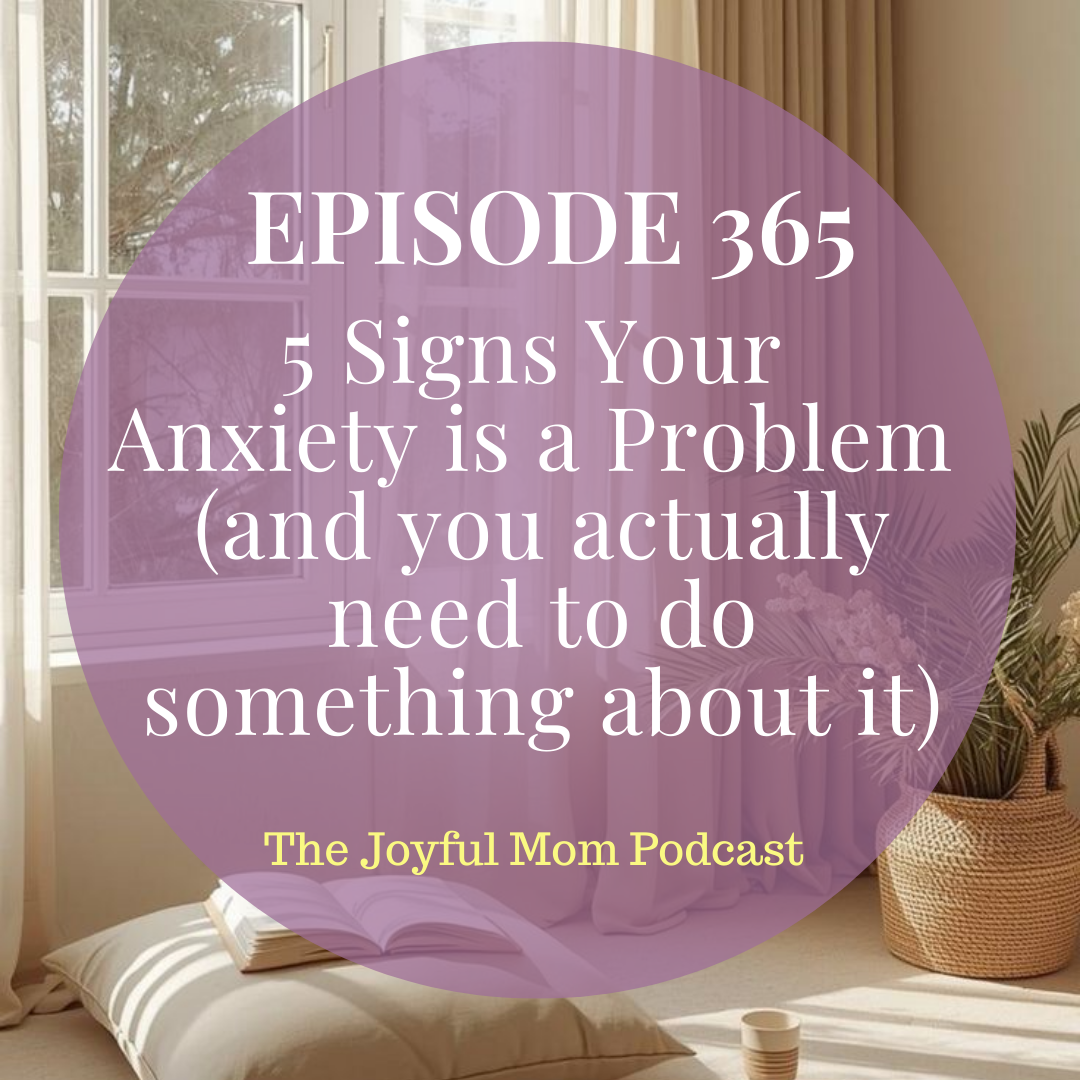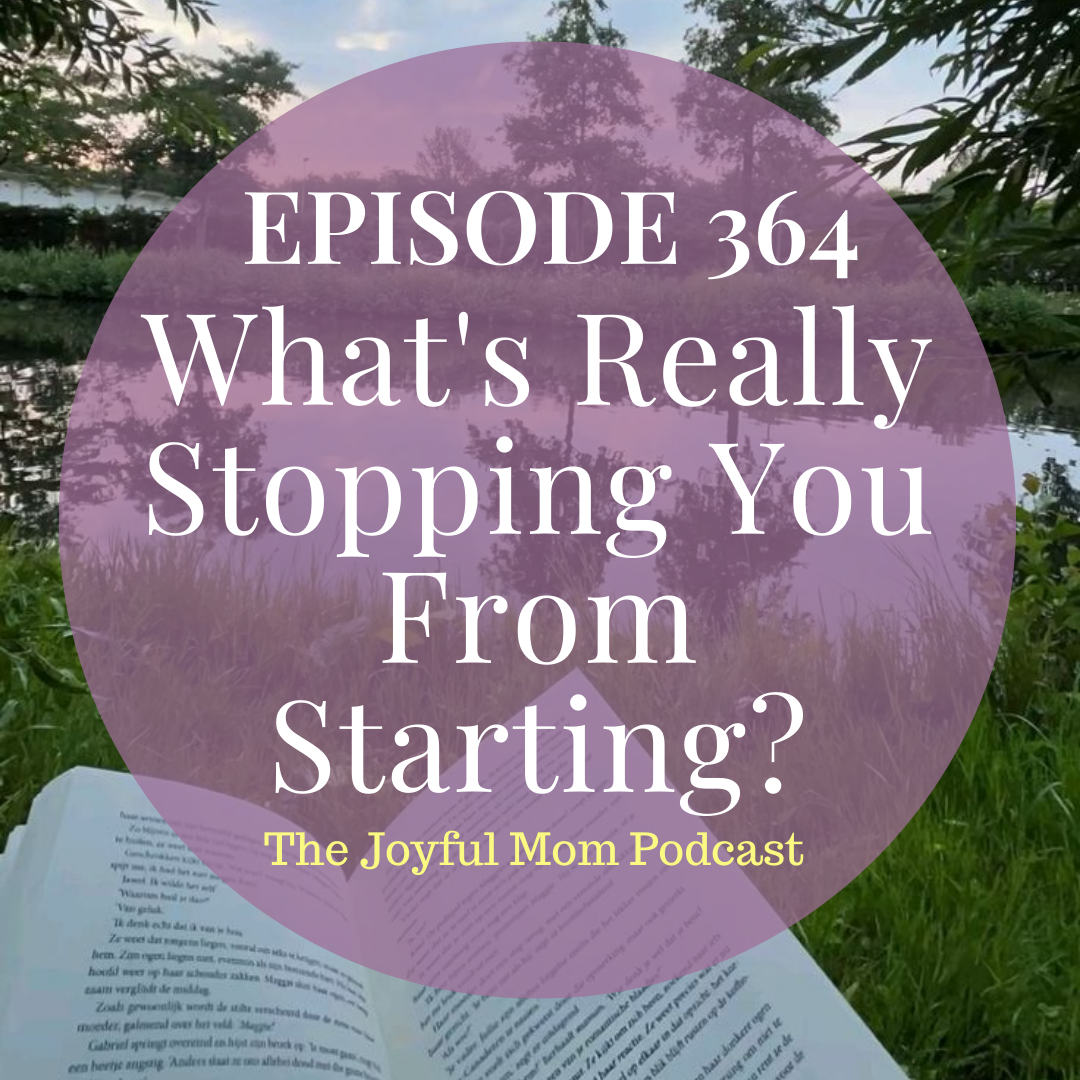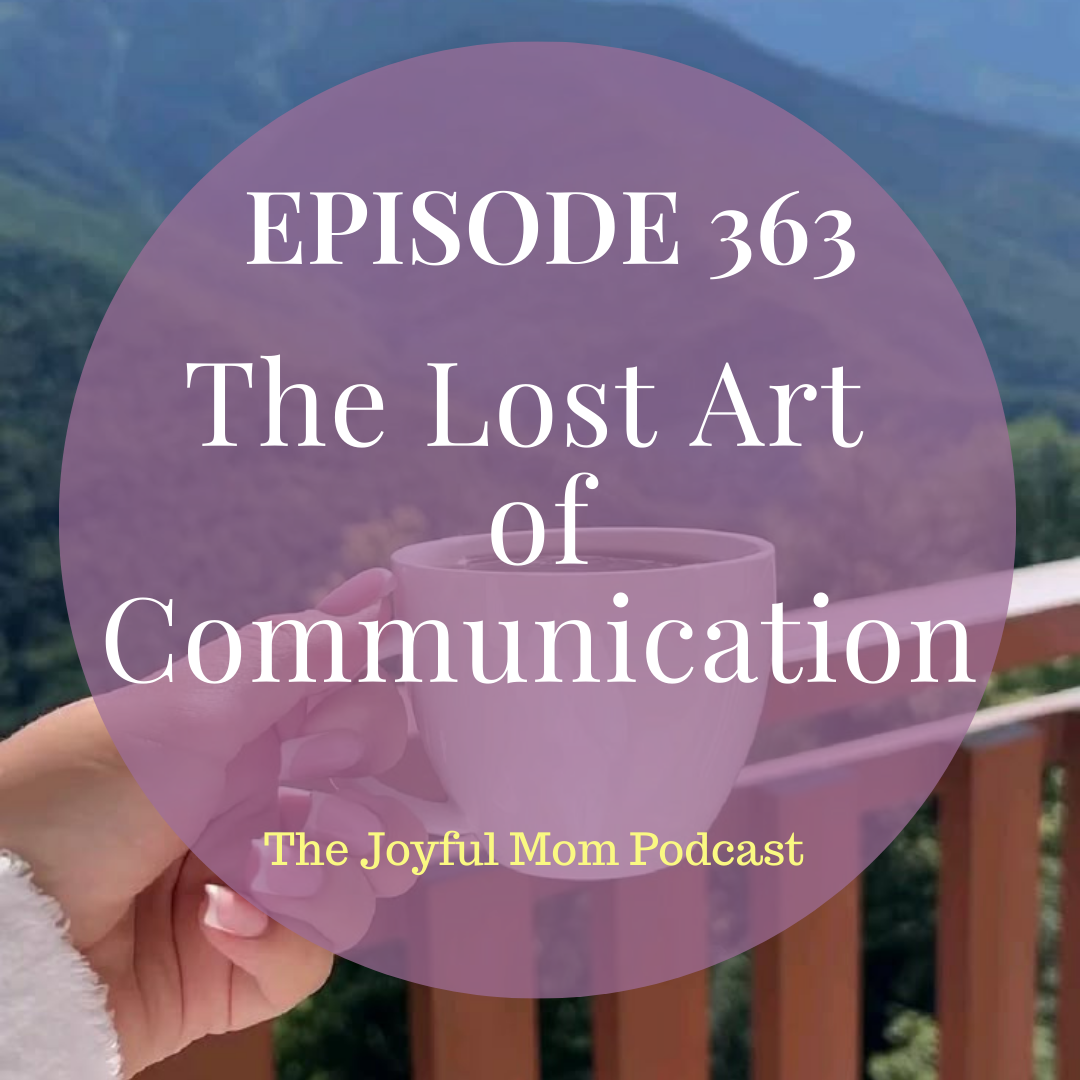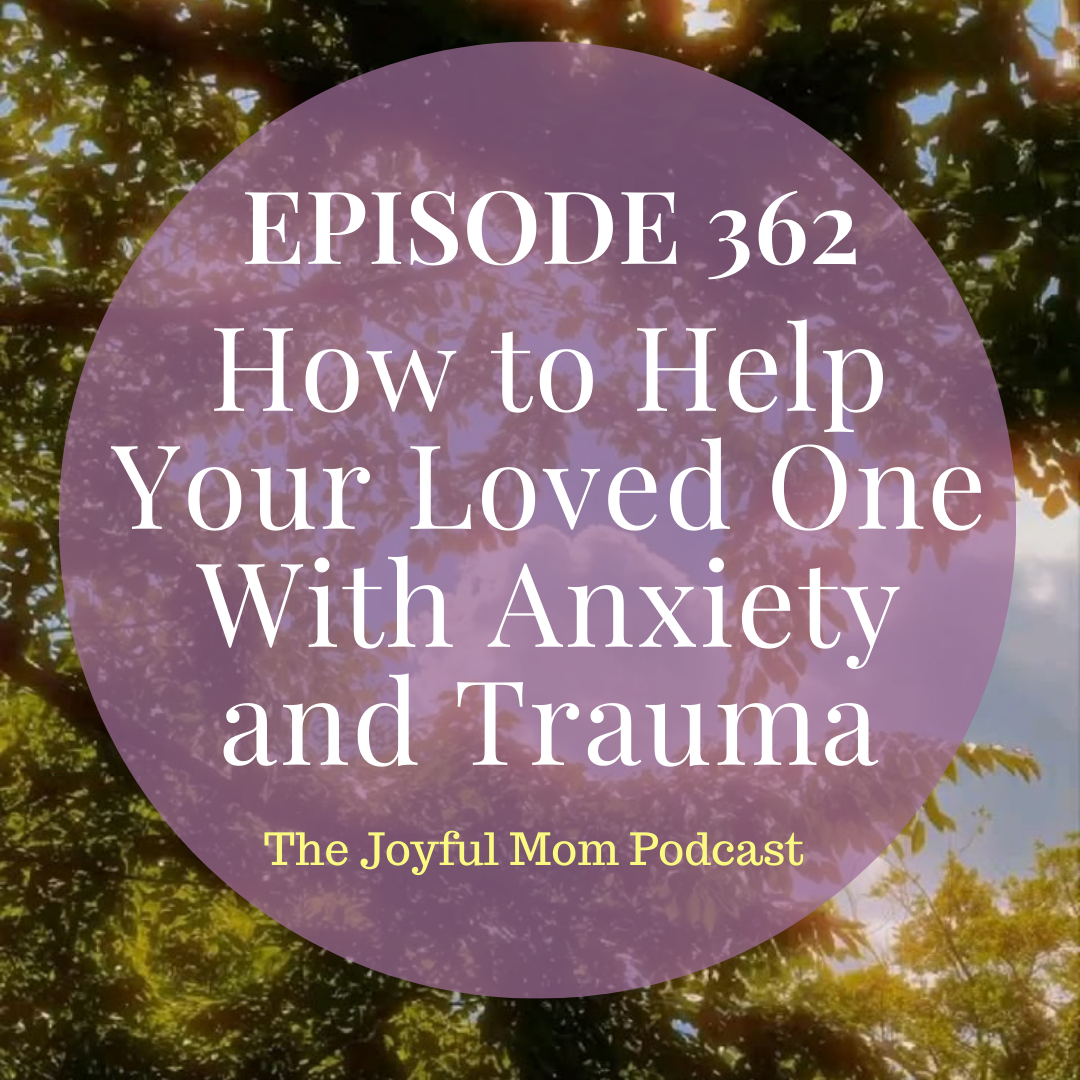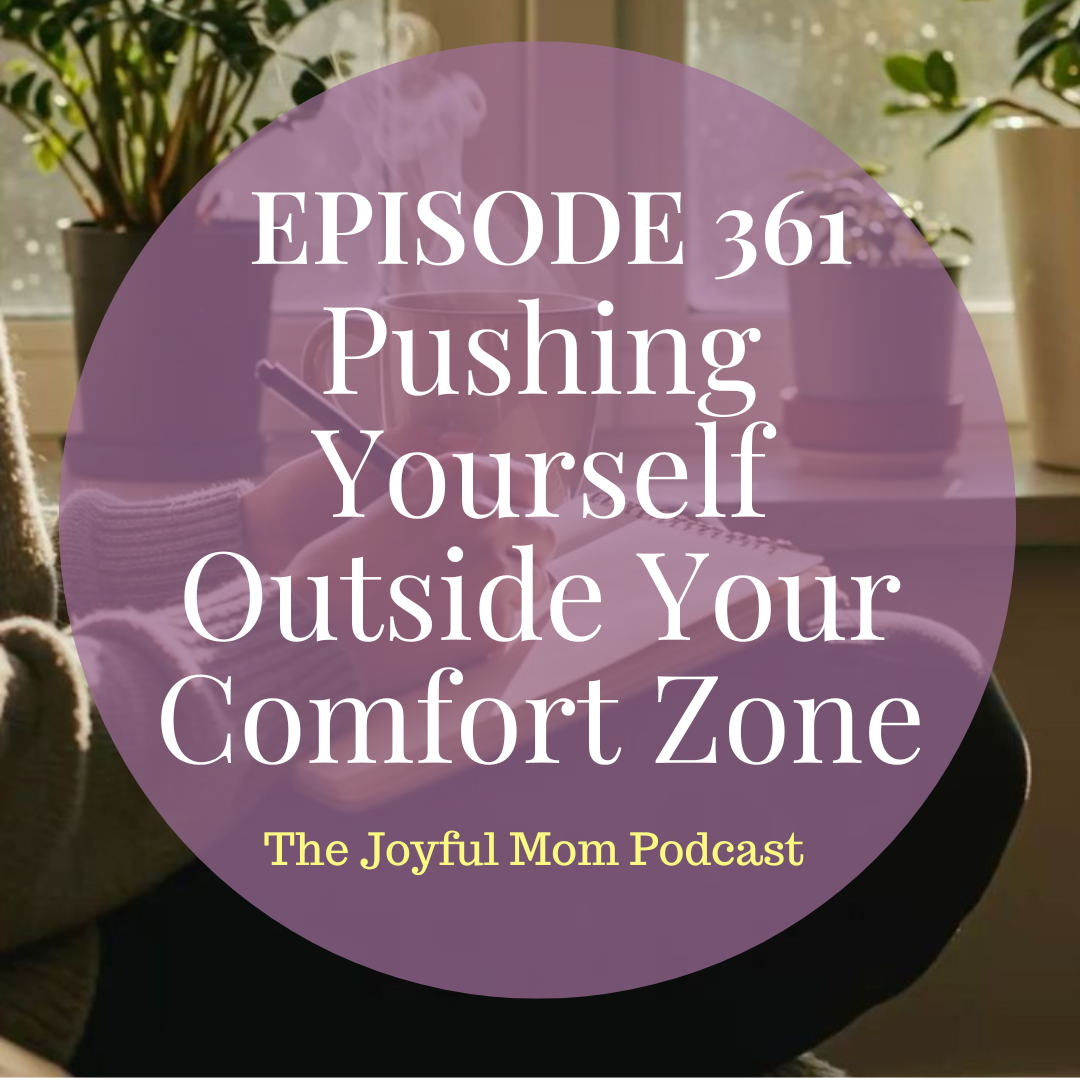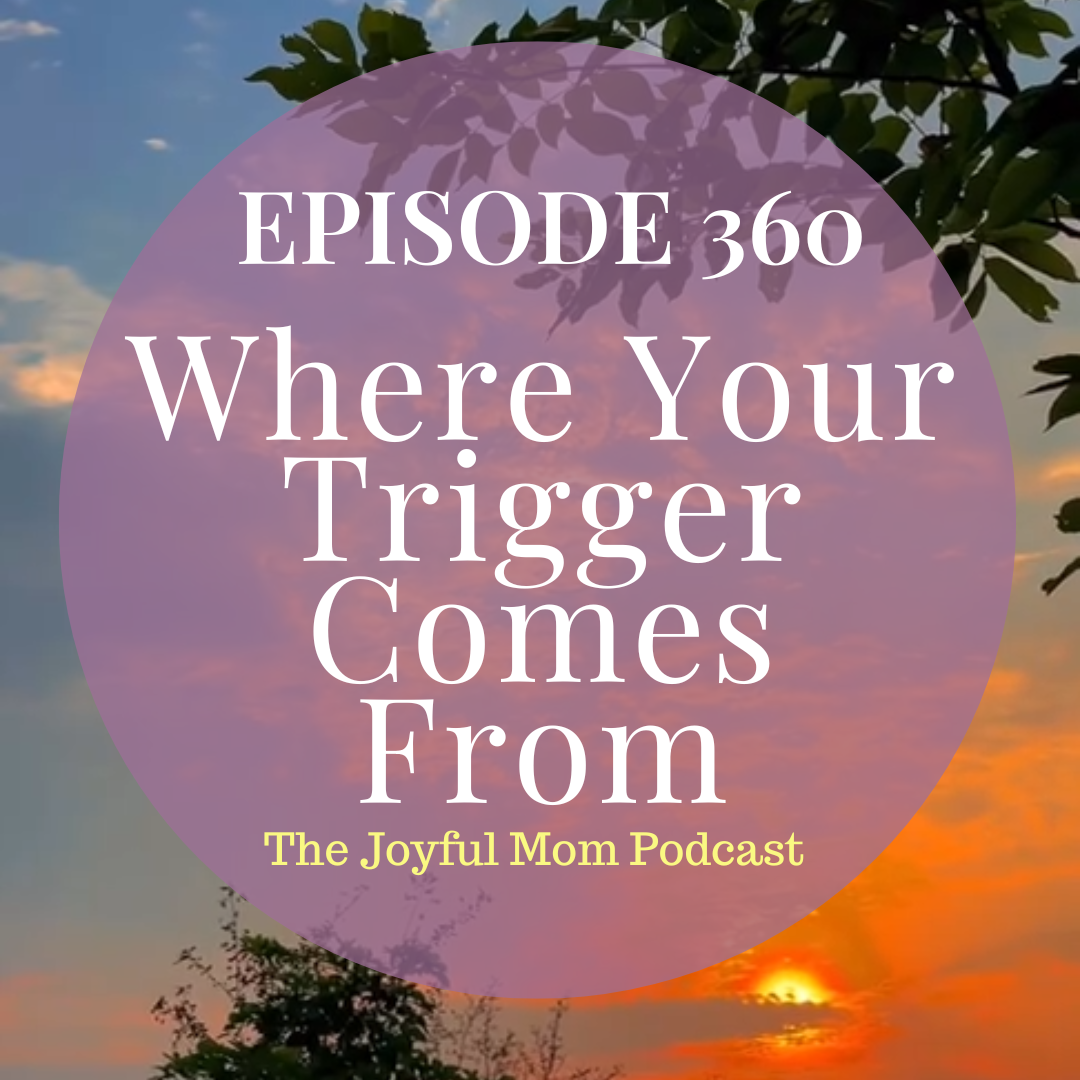160: 10 Things That Are Completely Normal in Grief
I’ve been planning, dreaming, and reaching out to companies for special surprises for the moms that come to Grieving Moms Haven Retreat in October. And I am so excited for this retreat. We are going to do healing practices like breath work, meditation, yoga, journaling with prompts, tapping circles. If you have been struggling with how to feel your emotions and how to deal with the intense waves of emotions coming at you, with the despair, hopelessness, wondering how you can continue to live the rest of your life this way, come join us at this retreat and I’ll show you in person how to begin processing and feeling your emotions. Especially with the holiday season coming up, this is a good way to filI your cup with the before the holiday, instead of feeling like you have to just power through and go into survival mode. I am so excited for this retreat, and for you amazing women who are already coming to it. Go get signed up at www.meganhillukka.com/retreat and give yourself one of the best gifts you can ever give yourself, dedicated time to grieve and process and share.
And, I’m also doing something special right now, a giveaway for a spot at Grieving Moms Haven Retreat. This means, you can join this retreat for free if you win this giveaway, this is a $997 giveaway, so you don’t want to miss out on it. How you join in the giveaway, is when you join Grieving Moms Haven which is open right now to the public, and it only costs $1 to join for your first month, you automatically get entered into the giveaway. If you are already part of Grieving Moms Haven, you will also get entered into the giveaway! I’ll draw the winner on October 1st and this goes through September 30th. I am so excited for the mom who gets to come, but also, for those of you who want to make sure you get a spot and sign up now!
In today’s episode, I wanted to share some experiences in grief that are very common and normal, and hopefully to help you feel less alone in your grief.
Feeling like you don’t want to live anymore. Not being suicidal, not having suicidal thoughts, but more just wishing you would go to sleep and not wake up. If you are having suicidal thoughts, please call the national hotline 988. Please, please get help. My experience with this was just not wanting to even try to live. I told someone that if I were to get sick with a life threatening illness, I would just let it take me. I wouldn’t even try to fight it, I would be happy to die. They were horrified at my comment, but it was my reality, and I know a reality for many of you listening. Like, no matter how hard you try, there’s still just this part that you just don’t care to live anymore. And if you are feeling this way. I want to send you huge huge hugs. I’m so sorry. It’s horrible and difficult and painful. I know this feeling well. And I also know it’s possible to want to live again and be excited about your future, because that’s my reality now.
Grief brain: this is real. Like your brain is fried and can’t function at all. You might forget to pay bills, might forget the process or how to do something you've done 1,000 times. You might forget dates, names, where you parked, where you put your keys, you might put the ice cream in the cupboard, and so many other things. I can’t tell you how many bills I didn’t pay, and how I couldn’t think straight. For so long. This actually lasted a lot longer than I expected as well. I’m not sure what number of months I expected to feel like I’m coming out of the fog, but I was shocked when at 5 months I was still hardly able to function. And 5 months is not a long time at all.
Feeling many emotions at once. When I first felt many emotions at once I was very confused. I was like if I’m sad, how can I be happy? If I’m depressed, how can I be grateful? But as I was trying to figure out what emotion I was feeling, I was asked, what if you could feel both? And this was eye opening for me. To realize that all of what I was feeling was normal, and all of what I was feeling was okay. An example was this, I had a baby 4 weeks after Aria died. It was like dejavu. We had two boys and a girl, and then Aria died, and again we had 2 boys and a girl. But many times when I would look at my baby girl, my heart would explode with joy that I have a little girl again, but it was also breaking with pain, that Aria was not here anymore.
Trying to figure out what happened, or why this happened, or why this happened to your child or to you. This is an experience I think many of us go through. It doesn’t make sense in our brains. It just doesn’t compute with us. This isn’t supposed to happen. And
As mothers we would do anything to protect our babies and children, and it’s just so difficult to understand why. If you are in this place, again, I’m sending you a big hug. Because this desire to know and trying to figure it all out is exhausting, draining, and really causes a lot more stress for you in your life, but it’s something I think we all need to go through and process through. It can be a layer of grief for many of us. As part of my own need to know, I got all the police reports, and had my therapist read them to me. I also got the 911 call which is normally not given out, but I’ve never listened to it. I had thought I was going to, and now I feel like it would be more traumatizing than helpful at this point. So I don’t know if I will ever listen to it.
Not wanting to go through their clothes, change their rooms, or throw anything away that was theirs. Not wanting to wash their clothes, or wash away the life that was theirs. This is completely normal. And maybe you have a stress on you that you should be going through their stuff. That you should finally change their room, but there are no shoulds in grief. There is just what is. And what is, is your experience. And if you are ever ready to do it, don’t you want to do it with love? For me, it just happened over time and stages. As I processed things, then the weight of having all of Aria’s every last thing was more heavy for me to keep than it was to let it go. One thing that helped me let go of things like things from her funeral and such, was taking a picture of it. Then I have a picture of it if I ever want to look back at it. But let go of the shoulds and what other people expect of you, and do it in your own time and process if ever this happens for you.
Feeling lots of guilt. This might not be something you experience at all, and there’s no need to try to figure out why you don’t feel it if you don’t, but many of the moms I work with and talk to experience guilt for some reason. The guilt is so heavy and it will eat you up inside. It really really will. I felt so much guilt and it’s terrible to feel. It’s terrible to wonder how you could have saved your child. To believe that if only you would have acted differently, your baby would still be alive. That it was your fault. I can’t tell you to just not feel guilt because I know that won’t help. But what I do know is that you loved your child, and you would have done anything to save them. Guilt needs space and time to process. So it’s okay to be exactly where you are, feeling guilt, moving through guilt, what I hope for you, is that you can use mindfulness practices like I teach to help you release and let go of the guilt that only causes extra suffering in your grief.
Feeling like your life stopped, and everyone else continues to move on with their lives. So that makes you feel so very alone. Nobody understands, nobody gets it, nobody else is walking with such a shattered and broken life. It’s so hard when everyone else starts living their lives, and you can’t. Your life will never be normal again. Your life will never be the same, and watching everyone else going along with their families intact, and it’s just painful.
Having a hard time celebrating others' joys and things going on in their life. This can be so challenging because your loved ones in your lives might not understand why it’s so hard for you to come to a baby shower, or go to a wedding, or a graduation party. These milestones and celebrations that support others' joy and things happening in their lives can contrast so much with your grief and pain it can feel impossible to go there. There is a phrase, I’m happy for you, but I’m sad for me. And when you are grieving, that’s all you can see. The huge huge hole in your life, and there’s just not always room to celebrate others. If you are in this space, give yourself grace. Do the best you can to explain to the person why you can’t come, but also take care of yourself. Sometimes there are just not enough explanations that can make others understand who don’t understand. Not being able to go doesn't make you a bad person, it makes you a grieving human, whose energy is being taken up by grief at the moment.
Feeling absolutely exhausted. Just so tired. Surviving every moment. Just trying to get through the next moment. Grief is absolutely exhausting, and draining. It takes everything and then some out of you. This is the absolute tiredest I’ve ever been when I was in deep grief. Processing, feeling, being in emotions is so draining. Be gentle and kind with yourself as you are grieving. Allow yourself to rest. Give yourself space to let go of things that are not really needed. Question the things you think you should be doing and ask if it’s really necessary or if you just think you have to do it. Protect your energy, because it’s very limited when you are grieving. If you imagine like a gas tank, your tank of energy is below empty most of the time. Fill it up as best you can by taking care of yourself and your grief.
Having many secondary losses. Not only have you said goodbye to your child, but you might be experiencing losses that are called secondary losses. These could include loss of your health, loss of your relationships, loss of your Faith, loss of your future, loss of joy, loss of your job, loss of your marriage, loss of who you are, loss of your mental or physical health. The list could go on and on. Not only are you trying to navigate the challenges of the death of your child but also all of the layers that come with it.
There you have it, 10 things that are completely normal in grief. This is not an exhaustive list, and maybe I’ll have to make another one later. But just some things that are completely normal, and so I hope by hearing these things you can begin to feel less alone.
While what you are experiencing is very personal and deep to you, and no one can quite understand your grief because it’s your own, many of us experience many of the same things and being in community with others who are walking a similar path can be so life changing because it takes away the wondering if you are doing it wrong, or if you’re broken. You are not. You are a grieving mother, experiencing grief, which is a completely normal, and natural response to loss. Your baby died, of course you feel this way.
Holding you in my heart always, until next week, take care!
Are you ready to stop cycling in the pain and anguish of grief? What if you could get a moment of calm and respite? After your child dies, everything feels hopeless and dark, and it’s hard to even think straight. Staying in survival mode keeps the cycle going.
Register to watch this free video on how to stop the pain, and feel better again.

